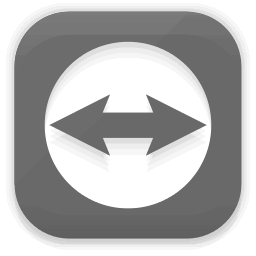Anyone can type words into Google and get a list of results, but are they the best results? When you want to find information on the Internet, here are a few tips for searching more effectively, for better results.
Choose the right search engine
There are different types of search engines including Web search engines (Google, Yahoo) these are quick and easy to use but have limitations, Online Databases (such as Lesson Planet an Academic database for Teacher Resources) and Metasearch engines that gather results from several web search engines (Dogpile).
Search engine tips
There are billions of web pages on the Internet so it can be hard to find something specific. These tips will help improve your search to get the information you want. For example, if you were researching iPad Apps for Early Learning:
- Use specific words rather than categories, for example search ‘ipad apps early learning’ rather than ‘ipad apps’
- Use the + (plus) symbol – This narrows the search to web pages that have all the words (ipad+app+kindergarten)
- Use the – (minus) symbol – This narrows the search to web pages that have one word but not another word (ipad+app-advert)
- Use quotation marks around phrases – the results will show web pages that only contain the exact phrase. For example type: “ipad apps for early learning”
- Use inurl: – Find web addresses (urls) that contain specific words, for example to search for Forums about ipads in Kindergartens, type: (inurl:forum+ipads+kindergarten)
- Use Search Tools – Google search engine for example, has additional search settings to filter your search by country, time, location, language or file type
- Use the Search Bar – Most Web Browsers provide search bars. It’s a fast way to begin your search, just type into the search bar and press Enter. In the Mozilla Firefox web browser you can choose your preferred search engine by clicking the dropdown arrow next to the Search bar.


